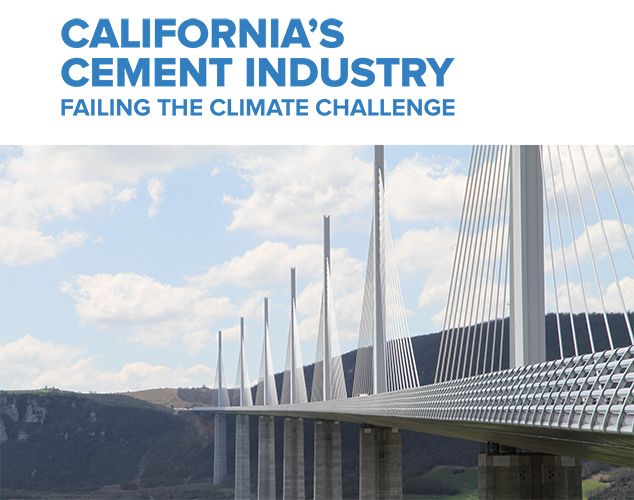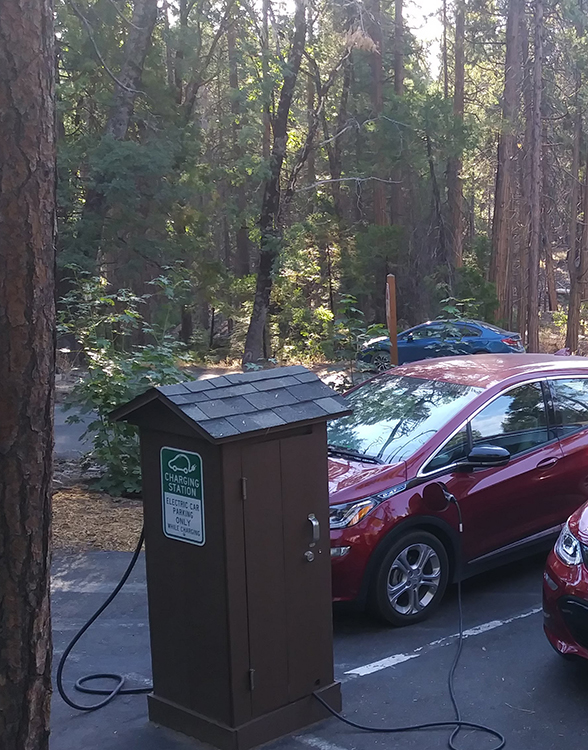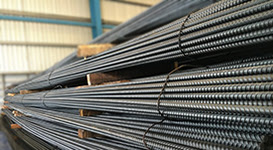
New Report Illuminates California Cement’s Climate Pollution
By Kathryn Phillips

We’ve known for a long time that making cement is a dirty process. Internationally, cement production is estimated to produce about 5 percent of the world’s climate pollution.
Now we do and the news is disturbing.
California produces cement in a way that creates more climate pollution per ton of cement than factories in big cement-producing nations, including China and India.
One reason for this is coal.
According to a report by Ali Hasanbeigi and Cecilia Springer of Global Efficiency Intelligence, “California’s cement factories are the largest consumers of coal in the state.” The eight factories in the state use coal and petroleum coke to fuel kilns that turn limestone into “klinker” that is then ground into the powdery cement.
Not only does the state’s cement industry use dirty fuel for its kilns, but their facilities tend to be older and less efficient. Additionally, the cement produced in California tends to be entirely made of limestone, which means there are greater emissions per ton than cement made from a variety of supplementary cementitious material, such as fly ash, granulated blast furnace slag, and natural pozzolans such as volcanic ash.
Two years ago, Assemblymember Rob Bonta tried to include cement in the
Buy Clean California Act, but the industry intensely resisted.
Last week Assemblymember Bonta told reporters after the report’s release that the industry’s polluting profile is unacceptable, particularly when there are better, cleaner methods for producing cement in California. He is planning legislation to clean up the California cement industry.
It's Time to Accelerate an EV Transition
By Katherine Garcia

California can substantially reduce both health-threatening criteria pollution and climate pollution by accelerating the shift to electric vehicles (EV).
However, EVs are still a small portion of all the cars on the road.
The good news is Assemblymember Phil Ting has introduced an important bill that will help Californians enjoy the benefits of zero-emission vehicles (ZEV) as early as possible.
Assembly Bill 40, would require the California Air Resources Board (CARB) to develop a comprehensive strategy to fully transition the state’s new light-duty vehicle market to ZEVs by 2040.
There is currently no overarching strategy to improve the accessibility of ZEVs and ensure that California can meet the vehicle volumes needed to fulfill increased demand. AB 40 will prepare the state to advance ZEV adoption urgently and effectively. Most of the environmental organizations at the State Capitol are united in supporting this essential bill.
The timing of AB 40 is critical. Californians are experiencing the consequences of global warming through more extreme weather. The UN climate report published in 2018 found that we will see profound impacts unless we make dramatic changes now.
California must transition away from polluting gas cars--there is no time to waste.
Recently, we’ve seen exciting developments that show vehicle electrification is well underway in California. There’s been exponential growth for EV sales. In August 2018, electric vehicles made up 10 percent of all new car sales in the state, over double from the year prior.
There are currently over 40 EV models that are commercially available and automakers are poised to introduce an influx of more electric cars in all sizes.
There are many state and local incentives Californians can take advantage of to offset the cost of a new electric vehicle, help pay for a charger, reduce electricity costs and more. Detailed information about incentives can be found on the Drive Clean website.
Public opinion surveys show that Californians want a state in which all residents can anticipate clean air days every day, and where we can reduce climate pollution from internal combustion engines, which are now the largest source of greenhouse gas emissions in the state. To achieve this, the legislature must act assertively to transition to clean electric vehicles.
We’ll need your support on this campaign. Watch for future action alerts about AB 40 as it moves through the legislature.
Join the Buy Clean Campaign
By Molly Culton

The Buy Clean California Act (2017), is the country’s first law that addresses greenhouse gas pollution within a state’s supply chain. It requires state agencies to purchase construction materials from manufacturers that have invested in cutting their climate pollution.
California has started implementing the policy this year by requesting that contractors who bid on infrastructure projects submit environmental product declarations (EPDs) for certain construction materials to be used in the project.
By next year, California will start requiring bidders to submit EPDs for materials in an effort to reduce the amount of greenhouse gas emissions embedded in state purchases.
This year, Sierra Club California is working statewide to garner support for the law and encourage consideration of similar policies at the local level. Last year, the City of Richmond became the first municipality to pass a resolution supporting Buy Clean. Read the press release
here.
Sierra Club California staff and volunteers are currently active in local Buy Clean campaigns happening all throughout the state, and there are numerous ways to get involved.
We’re looking for volunteers who are interested in meeting with City Council members and writing letters to the editor or op-eds to your local newspaper. We have active campaigns in:
- Los Angeles
- San Diego
- Berkeley
- Oakland
- San Francisco
- Cupertino
- Marin County
- Sacramento
If you would like to be connected with one of these campaigns, or if you are interested in starting a campaign in your local area, contact Molly Culton, Campaign Organizer, by email at
Molly.Culton@sierraclub.org or by phone (916) 557-1100 x1100.
Follow Us:
Thank you for being a part of our work! Consider making it monthly. You may securely donate online or by sending a check to Sierra Club California at 909 12th Street, Suite 202, Sacramento, CA 95814.







